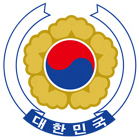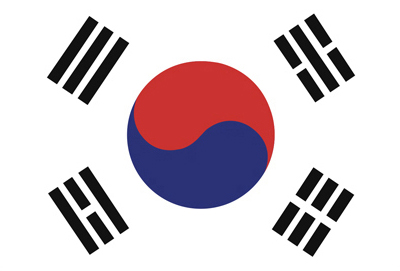English II
and culminating more recently with Korea’s spectacular emergence as a major player on the world stage. Korea’s location at this critical juncture where the continent meets the ocean has allowed Korea to become a literal gateway to eastern Asia, but more than that it has fostered Korea’s rich and distinctive culture. Throughout history the relationship between Korea and its neighbors has been deeply reciprocal, and it is these cultural diffusions that have helped to shape the uniqueness of Korean culture today. Throughout the modern era, Korea suffered a series of hardships not the least of which included the tragedy of a domestic war and the division of the nation in the midst of a rapidly changing international political landscape. Today, the Republic of Korea has overcome these multiple challenges to achieve both sustained economic growth and democratization. By the end of the Japanese colonial era and the Korean War, Korea was one of the poorest nations in the world. Its per capita income stood at 67 USD, and yet in little more than six decades the country completely transformed itself into an economic powerhouse. Korea currently ranks 15th in the world economy and 8th in trade volume. Politically, the nation adopted a legal system that paved the way for democratic elections and party politics. There is a system of local governmental autonomy that has ushered in an era of the decentralization of power. The entire political system has made such signi cant progress over the last six decades and it has been able to help put in place policies and procedures that have improved the quality of life for the Korean people. Whereas in 1960 the average life expectancy for a Korean citizen was 52.4 years that number increased dramatically to 81.4 years by 2012. The nation has also made efforts to build a welfare state by initiating national health insurance and a number of social welfare systems. The driving force behind this achievement is an emphasis on education and an investment in people to parallel the creation of an effective industrial policy. The illiteracy rate is near zero, and almost 70% of the population pursues higher education. The accomplishments that resulted from a stable political system, improved economy, and a free society have led Korea to become a powerful nation. Today, the Republic of Korea, as a responsible member of many international organizations, contributes to promoting world peace and international cooperation. The Republic of Korea is a non-permanent member of the United Nations Security Council and also plays a responsible role in various international organizations. Since the 1970s, Korea has carried out various cooperative projects with numerous international organizations and has worked in conjunction with numerous private organizations. Korea has also sponsored projects that focus on community development, education, medical, and refugee relief efforts around the world.Seoul, the capital of Korea, has a long history. It served as the seat of many dynasties from ancient times forward, and now it has become one of the largest cities in East Asia. Taegeukgi, the Korean national flag, represents core tenets of Asian philosophy—
|

